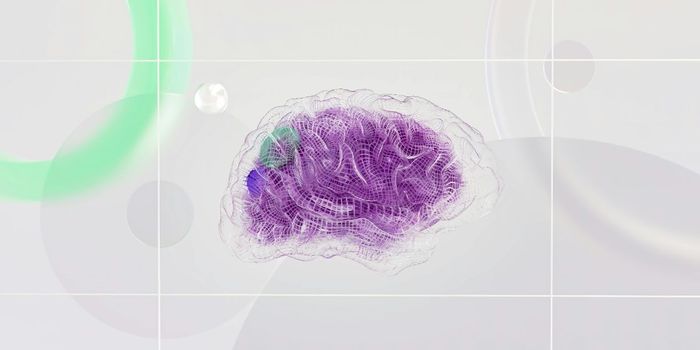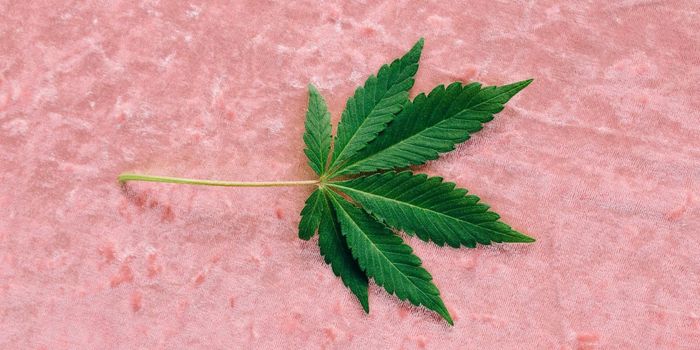Why Cannabis Users Don't Remember Their Dreams
Studies show that cannabis can improve the duration and quality of sleep. It’s thus no surprise that many use the substance to combat insomnia and sleep better. In improving sleep however, cannabis also seems to suppress the ability to dream.
There are several categories of sleep. Simply-put, there’s rapid eye movement sleep (REM) and non-REM sleep cycles. Delving a little deeper, non-REM comes in three categories of its own. N1 sleep is when you’re falling asleep. N2 sleep happens when you transition between sleep states. Meanwhile, N3 sleep, also known as slow wave sleep (SWS), is considered the ‘most physically and mentally restorative’ variety of sleep.
Around 80% of dreams we remember happen in REM sleep. However, dreams can also happen during non-REM periods. While non-REM dreams are typically more mundane and devoid of emotion, REM dreams tend to be more emotionally-packed and fantastical.
Although studies looking at the effect of cannabis on sleep are limited, research up until now shows that tetrahydrocannabinol, the psychoactive compound in cannabis also known as THC, may decrease sleep latency. In other words, THC may decrease REM sleep- where most dreaming happens. Cannabis has also been found to promote SWS sleep, although it may impair sleep long term.
The mechanics behind the substance’s supposed effects on sleep are so far unknown and thus require further study. Moreover, although SWS is known for its restorative effects, the purpose of REM sleep remains unclear.
A promising theory suggests however that it may be key for processing emotional memories. After a traumatic incident, the brain usually creates emotional memories (feelings attached to events) and declarative memories (specific details). They tend to be muddled up to begin with.
Researchers suspect that REM sleep may help parse the different memories apart to process trauma. If this is true, missing out on REM sleep may be harmful for long term mental health. It also means that although cannabis usage may make it easier to fall asleep to begin with, it may negatively affect other aspects of health later on.
Sources: Vice, NIH, The Growth Op









